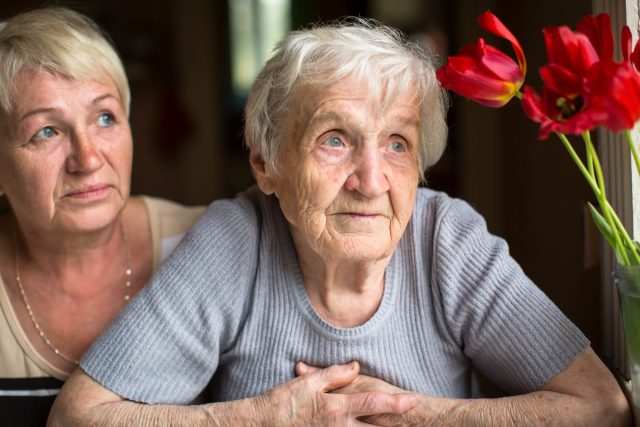Violence, death, destruction and mayhem are the most common headlines that constantly bombard us. Regardless of how you get your news, local television stations, social media, newspapers, neighbors, etc. it can cause feelings of anxiety or fear, depression and sadness, helplessness, confusion and anger.
When bad news breaks it can be nearly impossible to escape from it.
Actually, most of us do everything we can to stay informed which works against our innate desire to feel safe and secure.
The unknown and known can be equally overwhelming. Just unplugging and trying to think about other things isn’t enough these days.
It’s normal to feel overwhelmed by the news, especially when good news stories seem far and few between.
So, if you’re feeling down or overwhelmed about the constant onslaught of bad news, here are a few suggestions for you.
- Limit your intake of news and social media.
It is okay to turn it off. If you are experiencing discomfort from watching, reading or hearing about the bad news of the world, you can limit your consumption. You can give yourself an amount of time that you engage, say 30 minutes or you can only allow yourself to check the news 2x a day. But give yourself a buffer of at least two hours before bed and even allow yourself to engage in the morning for two hours before you look at your phone or social media or the television.
2. Let your voice be heard.
After something awful happens we have a strong desire to be around other people who share our experience. I encourage you to seek out high quality connections with an intention. It’s not healing to complain and share your feelings exclusively. That can make you feel worse. Having a sense of hope and feeling empowered comes from taking action. This may mean getting involved with a local group that is working toward healing the community, or contributing time or money to a cause that matters to you. You decide what is the best way to be helpful and contribute to a cause. Finding ways to contribute a solution can be healing.
3. Maintain your routine and engage in healthy activities.

Continue your regular routine of healthy eating and activities. Consider adding in more time for stretch, relaxation and meditation. Some studies have shown that exercise can be particularly helpful for improving mental health. When you engage in strenuous physical activity, you’re essentially mimicking the responses that can come with anxiety, allowing you to learn how to manage these responses and not be overwhelmed by them in other situations.
4. Be kind to yourself
Trauma reactions are normal reactions to extremely abnormal circumstances. Trauma reactions can occur from watching tragedy on television or social media.. It is important to allow yourself permission to have your reactions, and take care of them both by yourself and by asking for help from others, as best you can. Distraction and poor concentration is a way to avoid thinking about the tragedies. The idea is that you are giving yourself a break or reprieve long enough for the strong feelings to decrease and then you can manage the experience.
5. Acknowledge your feelings.
A variety of feelings can flood you. Take a moment and acknowledge what you are feeling at the moment. It is important to feel empathy for others who are experiencing trauma and tragedy. Check in with yourself, are you more emotionally connected than just feel empathy? When you notice that you cannot manage your reaction, you should consider talking to a professional and seeking the emotional support that you deserve.
We are here to help. Schedule a consultation right away.



